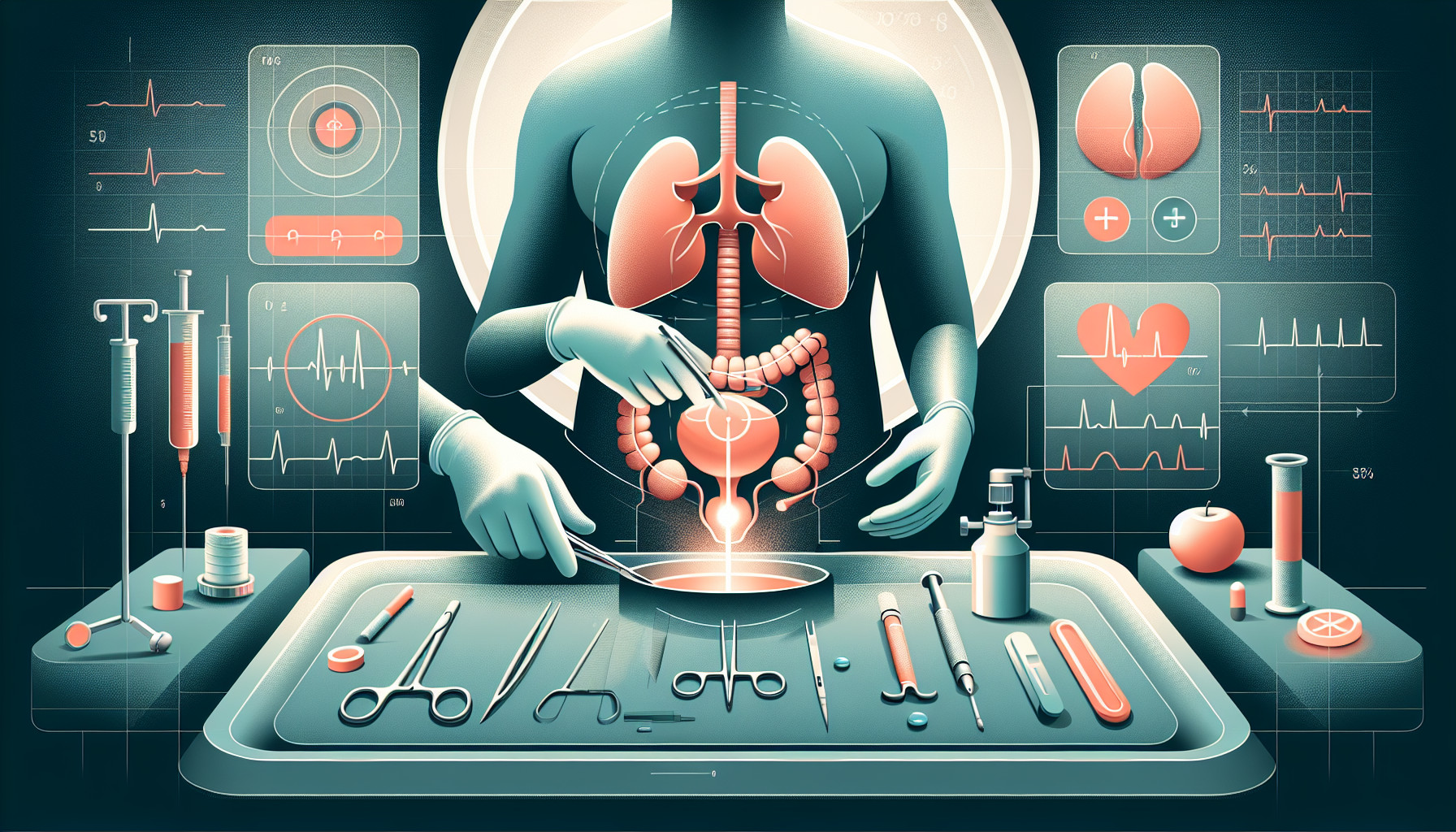Our Summary
This research paper is a review of several studies on men’s experiences after having a prostatectomy (surgical removal of the prostate). The researchers looked at 15 studies, which they found by searching six databases. They used a few different methods to analyze the studies and appraise their quality.
The review found five main themes in men’s experiences after a prostatectomy: facing a big change in life, dealing with changes and their impact, trying to manage and adjust to changes, grappling with their masculinity, and thinking about the future. The review found that many men weren’t prepared for the physical and mental changes after the surgery and didn’t feel like they had enough information or support.
The researchers concluded that health care providers need to be more aware of men’s needs after a prostatectomy, including how they view their masculinity. They also need to understand how important support is for men adjusting to life after the surgery. Health care providers should offer more comprehensive and customized care. Lastly, the researchers suggest that future studies need to be more rigorous and clear in their methods and should consider using or developing theories.
FAQs
- What were the five main themes found in men’s experiences after a prostatectomy?
- How did the researchers suggest health care providers could better support men after a prostatectomy?
- What recommendations did the researchers make for future studies on men’s experiences after a prostatectomy?
Doctor’s Tip
One helpful tip a doctor might tell a patient about prostatectomy is to make sure to follow up with regular appointments and screenings to monitor for any potential complications or changes in their health. It’s important to communicate any concerns or symptoms with your healthcare provider so they can provide appropriate guidance and support. Additionally, maintaining a healthy lifestyle through diet, exercise, and stress management can help improve overall recovery and quality of life after a prostatectomy.
Suitable For
Patients who are typically recommended for a prostatectomy are those who have been diagnosed with prostate cancer that is localized to the prostate gland and has not spread to other parts of the body. Prostatectomy may also be recommended for patients with benign prostatic hyperplasia (enlarged prostate) that is causing significant symptoms and has not responded to other treatments.
In some cases, prostatectomy may be recommended for patients with advanced prostate cancer that is confined to the prostate gland and has not spread beyond it. However, in these cases, the decision to undergo prostatectomy is usually made in conjunction with other treatments such as radiation therapy or hormone therapy.
Overall, the decision to undergo prostatectomy is based on a variety of factors including the patient’s age, overall health, stage and aggressiveness of the cancer, and personal preferences. It is important for patients to discuss the risks and benefits of prostatectomy with their healthcare provider to determine if it is the most appropriate treatment option for their individual situation.
Timeline
Before a prostatectomy:
- Patient is diagnosed with prostate cancer
- Patient discusses treatment options with their healthcare provider
- Patient decides to undergo a prostatectomy
- Patient undergoes pre-operative testing and preparation
- Patient may experience anxiety or fear about the surgery and its potential outcomes
After a prostatectomy:
- Patient undergoes surgery to remove the prostate
- Patient experiences physical and emotional changes, such as incontinence and erectile dysfunction
- Patient may struggle to adjust to these changes and their impact on daily life
- Patient may experience feelings of loss of masculinity or self-esteem
- Patient may need support from healthcare providers, family, and friends to cope with the changes
- Patient may need ongoing follow-up care and support to monitor for any complications or recurrence of cancer.
What to Ask Your Doctor
- What are the potential risks and complications of a prostatectomy?
- What is the recovery process like after a prostatectomy?
- How will a prostatectomy affect my sexual function and urinary continence?
- Will I need any additional treatments or therapies after the surgery?
- What lifestyle changes should I make to support my recovery and overall health?
- How often will I need follow-up appointments and monitoring after the surgery?
- Are there any support groups or resources available for men who have had a prostatectomy?
- How will a prostatectomy impact my overall quality of life in the long term?
- Are there any alternative treatment options to consider before proceeding with a prostatectomy?
- What is the success rate of a prostatectomy in terms of cancer control and overall outcomes?
Reference
Authors: Kong EH, Deatrick JA, Bradway CK. Journal: Int J Nurs Stud. 2017 Sep;74:162-171. doi: 10.1016/j.ijnurstu.2017.07.013. Epub 2017 Jul 23. PMID: 28783561
